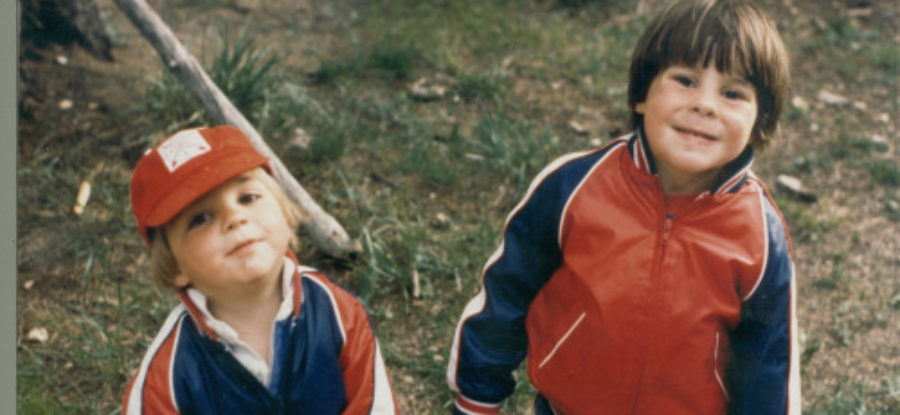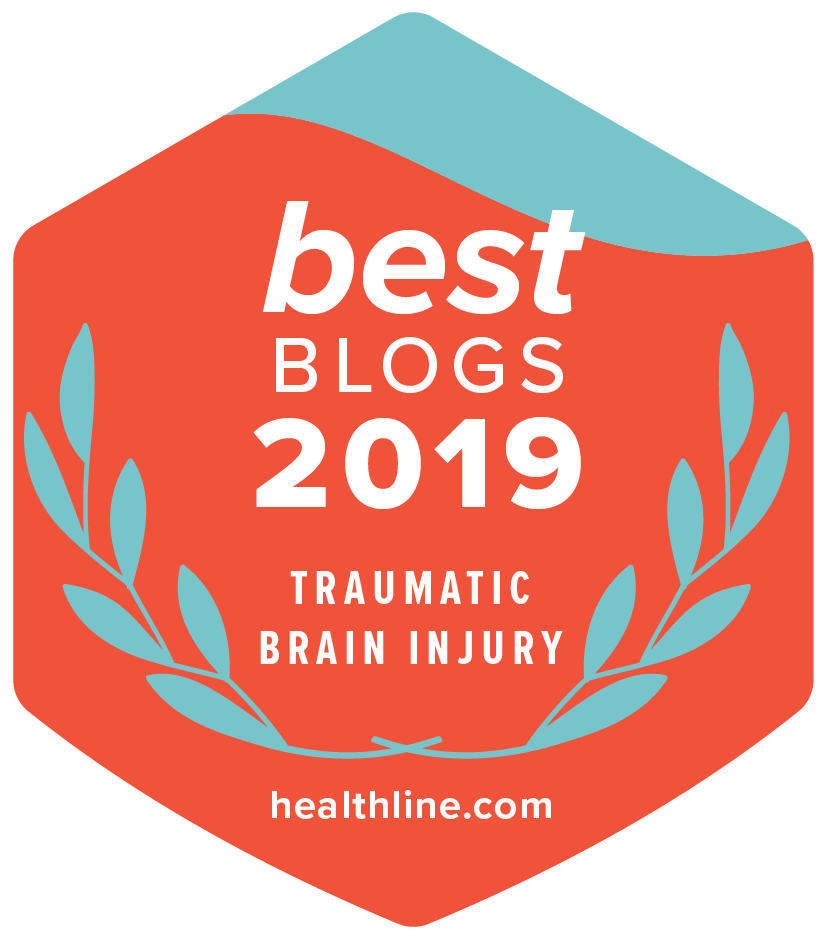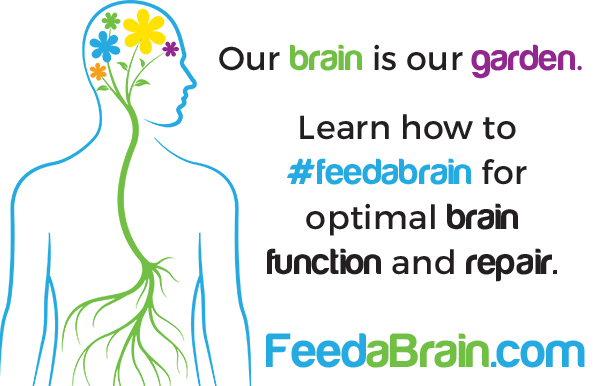My brother and I grew up in the mountains outside of Boulder, Colorado. We had learned how to walk on the igneous boulders and rocks that were scattered throughout the landscape of our mountain home. I would like to thank my father for insisting on teaching both of us how to navigate the mountain terrain at such a young age. My brother, Aaron, was born only 20 months before me, so we were very close in age and experiences and we learned many things together. While growing up as children, we would try new things all the time. Aaron played a huge part in teaching me a lot of things. He was my tutor, my coach, my mentor, and most importantly, he was my brother.
Again, you couldn’t throw a stone at my nearest neighbors house… In fact, you couldn’t even see my neighbors’ houses from anywhere along the perimeter of our home. We were somewhat isolated unless we went on a trek to see a neighbor, so having each other was a blessing. We spent every day of our childhood together, and much of our teen years as well. We were pretty close growing up.
Aaron came to visit me and my mother in Texas between Christmas and New Years 2011. We had an amazing time. Even though it was a short stay, we got to do a lot of things that I enjoyed, and could see the benefit of doing with him. We worked on some therapy exercises for me, and my brother could tutor and coach me once again. He would always try to find ways that I could attempt to improve my performance at any given task. We also had a chance to do a yoga class together, and best of all, we got to go hiking in the beautiful hill country of Austin.
When I would go on walks around my mom’s neighborhood in Texas, my mother would always say “stay on the pavement!” This had many meanings… and she meant them all. She was instructing me to walk the straight and narrow path, to not go wandering off to where I could get into trouble, to be careful (I was in a very fragile state), and of course the obvious literal meaning: stay on the pavement. But when she took us to the trailhead of Hamilton Greenbelt, for Aaron and I to hike, she couldn’t say what she had always said when she let me out of her sight, because there was no pavement to be found.
Aaron and I both stepped onto the pathway at Hamilton Greenbelt and began our trek. This place reminded me exactly of Colorado. The sights of a lush mountainous terrain coupled with the sounds of a beautiful creek in the distance brought back memories of the creek about a mile away from the mountain home where we grew up. The lighting of the bright sun reflecting off of the dew drops on the twigs of hundreds of evergreen trees reminded me of how we had spent our childhood exploring the mountainous landscape of our home. The gentle and refreshing wind was reminiscent to that of a Colorado breeze. The hills had similar stone to those that we learned how to walk upon, and, except for the occasional cactus that we encountered, the hills seemed to have the same kind of vegetation to that of the semi-arid mountains of our childhood. The familiar landscape accompanied with the familiar presence of my brother directing my trembling limbs to sturdy ground brought us further along our hike. It was like we were young again.
I talked at my painfully slow speed, but we were able to have a meaningful conversation about our childhood and how I was going to relearn old skills. It was a powerful moment in my recovery. My brother believed in me and would push me to do the things that were difficult for me… He always had. He even helped me to cross the creek at one point on this walk!
Together we moved forward with patience and tenacity while Aaron and I attempted to dissect each nuance of balance and coordination and to put these nuances into words that would stammer from my dysarthric lips. Putting these nuances into words is not an easy task. It’s like explaining to someone how to ride a bike… There’s not really a simple list of instructions. It is a skill that one must try and fail and try again at until the skill is obtained.
As children, Aaron and I had worked together on just about every skill a child learns, and we worked well together. While growing up throughout the years, my brother has had a determination that is and has always been very impressive to me; and I believe that I adopted many of these traits of determination from him. I owe him enormously for being such a good brother throughout my life
When Aaron and I were very young, both of us pronounced R as W. We would not say “farther”, we would say “fowthow”, we would not say “really hard”, we would say “willy hawed”. I remember one day when Aaron was in kindergarten he came home stomping his feet, obviously upset about something. He thundered up the stairs to our shared room and with determination said “I’m gonna lawn my awes'” (I’m gonna learn my “Rs”). The next few hours he spent saying “awe”, and then “awr” and so on. He continued to do this everyday. After a few weeks he was saying “are” while I still was pronouncing a W. This determination of his was awe inspiring (pun intended).
After the holidays I could not find the binder where I had kept my vision therapy homework and tools like 3D glasses and a pen sized flashlight. I simply brought an empty binder to my next vision therapy session and told my therapist that my binder had gone missing. She made copies of important papers that I was missing and let me borrow the cheap tools that I needed until it turned up. But my mom and I both hate it when things go missing and are nowhere to be found; even if they can easily be replaced.
About two weeks after Aaron had left Texas, I received a phone call from him while I was in the grocery store with my mom. We talked for a bit and then he asked me a very important question: He asked me if I wanted him to be a peer or to be a brother to me. What did he mean? I wondered. I thought about it for the little time that I needed and told him that I wanted him to be a brother. I told him that I have lots of friends that are peers, but I only have one brother and I’d like to keep my brother. While he reluctantly understood, he told me to sleep on it.
The next day I got a text from him with the urgent message “Hi, Please call me asap. Thanks.” Worried about the urgent tone, I texted back as soon as I was free after therapy at around 7. “What’s up, bro?” I wrote back anxiously because of my inability to respond until almost an hour later to what was written as an urgent message. I did not get a response that night and was up late contemplating the possibilities of what could be urgent and why he wasn’t texting me back.
The following afternoon, he responded “The fact that you lost your binder 3 weeks ago says something about you. What do you think it says?” My jaw dropped as I read the two “urgent” sentences that had me worried the previous night. This message wasn’t urgent at all… In fact it was almost insulting. How did he even know? How was it any of his business?
Apparently, because my mom and I couldn’t find an explanation as to where this binder had gone, my mom had wondered if perhaps Aaron had seen it, so she called to ask him about it the night before. Unfortunately Aaron hadn’t seen this binder, so the mystery was still unsolved. Now, Aaron wanted me to reflect on what the global meaning of this was, and I wasn’t into it. I was completely put off by what he had to say and ask.
I responded harshly “Ok. Ya know what? Leave me alone. Not your business. And what it says is leave me the f*** alone!” I was certainly harsh, but hopefully clear. I was drawing a line in the sand and telling him not to cross. His response was simple: “No.”
Later that afternoon I opened an email from him entitled “Contained in this email are the minimum requirements necessary for Cavin’s growth and recovery. These will be made effective starting February 1, 2012″. He had spent a lot of time and effort putting together an array of requirements on a strict schedule detailing activities hourly from morning to night time along with the detailed instructions of what was required of me in order for me to recover and grow. It was completely overwhelming to me. At that point, this did not seem to be the brother that I had loved and grown up with or even the amazing brother that I had spent a few restorative days with less than a month ago. Who was this? I did not recognize this person.
I was bewildered and extremely upset. THIS must be what he had in mind when he asked me if I wanted him to be a brother or a peer. THIS must be why he only reluctantly understood that I wanted him to be a brother to me. Aaron obviously cared a lot for me and was trying to fix the problems with me due to my brain injury, but his approach was extremely abrasive a to me, even in my foggy state. My immediate response was via text because I wanted to clear this up asap: “You must be joking with this email. Don’t you have your own life instead of trying to manage mine? I told you I just want you to be my brother like you were while we hiked Hamilton Green Belt. That was helpful and healing. This is not.” I remember trembling as I wrote this text.
His response was timely “Thank you for your concern. I’ll make the necessary time. I understand, share, and appreciate your sentiment. This will additionally be very helpful and healing. You have the best and most valuable year directly ahead of you. Congrats. Only a week or so to gear up. Love Ya, A”. Now MY response was simple: “No.”
“No what?” He asked and I thought carefully about my next words. While I understood that all of this was being done with good intentions, he did not even live within 1,500 miles of me and the emotional toll that this was playing on me was extremely upsetting because my free will felt threatened. It was very stressful, and I did not need stress. In fact, recently I have been researching the effects of chronic stress on the brain, and the results can be quite damaging. (https://www.ncbi.nlm.nih.gov/pubmed/15891777)
I tried to draw a line deeper in the sand this time: “Thanks for trying to micro manage my life, but I’m doing well and I don’t need your homework. I see you have worked on it a lot, but I refuse the offer. You’re acting like I’m obligated. I’m not and it’s very presumptuous. I hope we have an understanding.”
This person that I did not really recognize as my own brother responded with a very clear message: “Great. Never said you weren’t doing great. That means it will be easy for you. Oh, and you’re the manager not me so you’ve plenty of time for revisions to your plan. This is not an offer. Belly-Ache about it all you want if you need to but it won’t change that you are accountable. Which is the great news. Because you are only un-accountable when nobody really cares about you anymore and when you only fulfill their purposes rather than your own. A frustration that you and I and everyone with strong families, great potential, and supportive people face. I feel you but know that you’ll triumph and make it into an opportunity.
This response absolutely enraged me. The boundaries that I had displayed three times were ignored each time, so I decided to stop trying to display these boundaries. They were evidently not being recognized no matter how acutely I tried to convey them. Not to mention the emotional distress of this situation had me flailing my arms uncontrollably and clenching my jaw as I wrote each text. If this was not an offer, but a requirement, I was curious to see how it was going to be enforced.
I had already lost my freedom to direct my own life, and was slowly regaining it; and in that state, any threat that might further diminish what little independence that I had left made me feel even more helpless and created even more resistance from me. This not only threatened it, but made it very clear that I had no choice in the matter. It’s one thing to be dependent, a feeling that I did not like, and that feeling is amplified by being told what to do and that my choices mean nothing. People become accustomed to things and will fight to protect what they have gained. This is a human nature that is even evident during infancy. A baby cries when you give her a toy and then take it away, where she never would have had this tantrum had she never been given the toy in the first place.
The turmoil of this argument and disregard of my choices was pronounced in my whole being and everything I did. I was snappy to my therapists, instructors, friends, and I would even fight with my mom and John about things that were completely unrelated. I was letting my frustration out on people that certainly did not deserve it. Aaron had made it clear that this program would start without my consent, and I consequently had a fear for February 1, 2012.
Aaron’s birthday fell a few days before this program was to start and I was still very angry. I wish that I had gotten him a gift and a card despite my anger. After all, he was only trying to be as helpful as he knew how, even if it was not received well. This is a testament to how caring my brother was surrounding my brain injury. I could be so lucky to have a brother that cared enough to create such a comprehensive program for my recovery. I couldn’t perceive it as helpful, however, because it was being forced on me as if my current practices for recovery were not disciplined enough and I needed more responsibilities to attend to.
It was indeed presumptuous to think that what I was doing to work towards my recovery was beneath the “minimum requirements necessary for Cavin’s growth and recovery.” If my brother was in the same city as me, perhaps I may have felt differently, but as it was, I felt as if he did not understand the extent of all of the therapies that my mother had arranged for me and how beneficial they were. My mother never forced me to do a therapy, she would suggest something and tell me why she suggests it and I would try it… But even if I did not want to (which was never the case) she would have convinced me to at least try it once. This is the way she has always been: an excellent parent.
Aaron’s required program did not start on February 1, 2012 nor ever. I stopped responding to him after his text that made it very clear that I had no choice in the matter on January 18th. We did not speak all year except for a few political discussions: discussions that I would be willing to have with any random person on the street. This disagreement was very hard for me, my brother, and my entire family and it continues to be difficult. It seems to me that my inability to recognize him since this event has been a catalyst of what has distanced me and my brother since.
Eventually, the binder in question was found a week or so later under the covers of, and made into, the guest bed where Aaron had slept during his stay. This explained why we couldn’t find it ever since Aaron had left and why we had such a hard time finding it. Who would think to look there? Perhaps he didn’t see that it was placed on this bed and he made the guest bed without noticing that it was there. When my mother found it, she told my brother where it was found, which seemed to be a hard truth to swallow for him. Even if this binder was the physical item that this disagreement all started upon, I doubt it was the underlying issue, thus it is not really the point.
The point is that families that care about each other always have good intentions. These intentions are hard to perceive for one who is in a state where they have lost sovereignty over their lives, as I had, or for anyone who becomes dependent on others. The other part of this point is that the way to help someone sometimes needs to be carefully thought through in order to be effective and not rejected. There is a thin line between what is helpful and what is harmful, and something that is intended to be helpful can easily become harmful. It is a difficult situation to navigate in any sense. Be it an aging parent, a teenager, or someone in a poor medical position, one thing is the same: dependence.
It is hard to get what you want on either side of dependency. One feels that they are putting out so much to help and it is often not recognized or embraced. This is hard because the intention is genuine for the better and it is almost a slap in the face when this is rejected. The dependent one feels as if they are being smothered, held captive, not understood, backed into a corner, and that what little sovereignty they have is being threatened.
When I think of me and my brother as kids, I remember many fights and know that there are hundreds that I cannot specifically pinpoint. We are siblings, and siblings fight at times. We have even had many fights that came down to blows, but we have always made up and come to an understanding and consensus that even if we don’t agree in the end, we can agree that we love each other. This is the first time, however, that he and I got into a fight on opposite sides of dependence because we have never been in a position where we were on opposite sides of dependence. Throughout our life, we have always been on the same side one way or the other. This was an entirely new kind of fight for us, and the toll on both of us was immense.
Ultimately, sovereignty is the most important thing to one feeling that their free will is threatened, where the other person is dramatically affected by his or her choices. Because we are all interdependent, the results of this struggle have to be modulated by the people that are trying to bridge the other into independence, thus they feel as if it is absolutely within their rights to dictate the dependent ones actions. While it may be within their rights, it rarely ends well.
This is the kind of toll that can tear families apart which is why I feel that it is important for me to write about it. Not just for me, but for anyone who finds these words. I’ve heard stories from a mother who came down hard on her child for good reason, but the result was the child running away to claim his or her independence, falling into the seedy underground, growing up with drugs and “friends”, and in the end, the mother lost her child. This mother now knows that backing her child into a corner drove him or her to flee, and would have handled the situation differently if she could today.
It is too hard for everyone when they are between a rock and a hard place. All animals, including humans, instinctively fight like hell for their sovereignty and/or run away from the threat. The way to rebuild a meaningful relationship afterward is to address the catalyst that took such a toll on the relationship in order to come to an understanding of the situation. I hope and have faith that, in time, my brother and I will find our common ground again and repair the damage of this. “This too shall pass”, as they say.






5 Comments
Leave your reply.